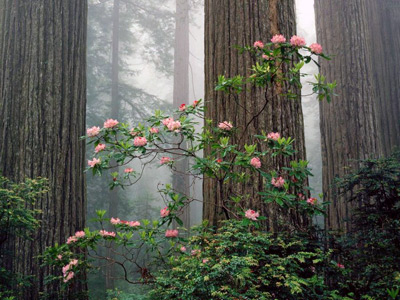How many times have we dressed in the morning, in sorrow and woe, and gone to say goodbye?
Some places I have lived, we dressed in white, and stumbled, weeping in the streets. In other places, we wore black suits, and dark glasses to hide the flowing tears.
Goodbye to the black and white soldiers of life -- even they never fought a battle as the splendid soldiers do, still they lived the mystery war of why are we here and where shall we go.
As you wander about, you often meet people who say, "Oh! You know, I've never been to a single funeral in my life! I've no use for them!"
Makes you laugh, doesn't it? Seems a certainty they will attend at least one.
At some farewells we walked with a brass band; at others, rifles sang three times seven sharp songs, and a man handed over a folded flag. In some other places still, there were those who booked malicious account of the grieving time, watching each other with suspicion, taking photographs of the limousines. Unless you've ever had to wear a pistol to a funeral, I doubt so seriously that you will even guess at what I say.
But, regardless of the passing guile, these were organized and grateful sorrows, and in the constant conditions that characterize our realm, these were rare luxury. For most of what lives on this blue planet, death is sudden, anonymous, and unremarked. Nothing remains to focus grief, if there were, in fact, to be any grieving done at all.
Long since the Bodhisattva's heart shattered into a trillion pieces, each with a helping gesture and a loving prayer, in the time it takes to say that prayer how many flowers of the forest are withered away?
Even as our hair turns white, and our bones begin to ache, we cannot say without conceit that death comes as the slow splendor of autumn comes. Even you lay afflicted with a certain cancer, with scientific measurement now the remaining accuracy of your life, no one who has not opened the Bodhisattva's eye can predict the exact moment when your life will end.
In the ocean of not knowing, we think of death in terms of what will be no more.
That and only that is the well of grief -- the spring of sorrow for the youth and swank that will be no more.
The shaking and sobbing for dearly loved appearances that will be no more.
When this could just as easily be the deity.
The cries of anguish for the speech, song, and laughter that will be no more.
When this could just as easily be mantra.
The frustrated disappointment for unfulfilled plans, schemes, and strategies that will be no more.
When this could just as easily be the state of awareness.
In the summer twilight, in the old days, children would take a mason jar and chase fireflies in the hills and fields. I would hear them chattering down the river, squealing and chirping with laughter and glee, like the sounds of strange sparrows wheeling along the bank. Through the trees, I would see them holding up the winking jars, comparing their catches, until tired of their folly they set the jars in the long grass and ran back to the house.
It is then that I would come, cautiously, to open the abandoned captured, and set them free.
Whether this action comprised liberation or merely another form of funeral is a distinction of discrimination by mind and no other.
I want to ask you....
For what do you stoop and pick when the blossoms are no more?
.










4 reader comments:
You write English so beautifully they should teach you in the schools. This reads like poetry.
Beautiful.
More than poetry: truth
bittersweet
Post a Comment